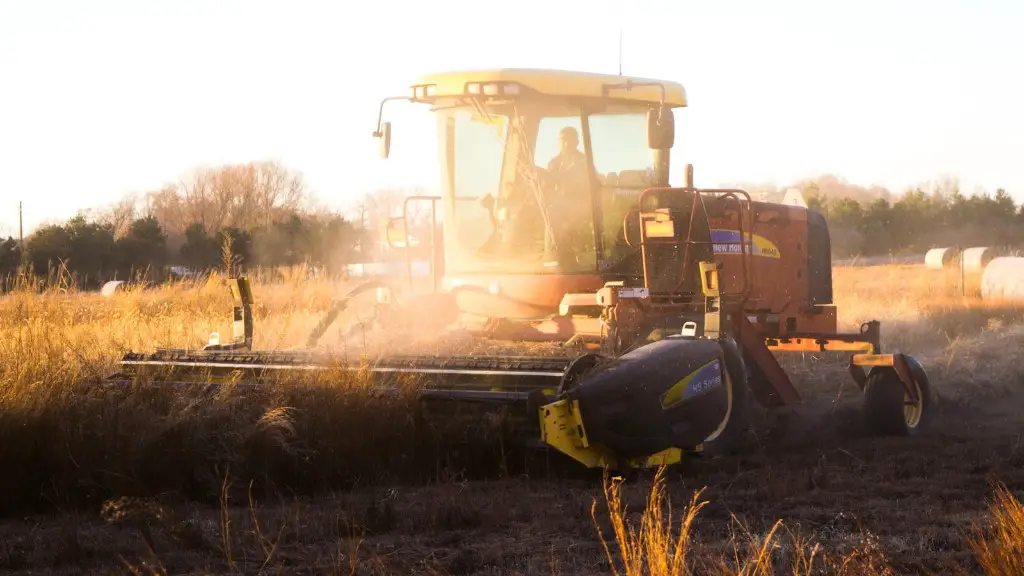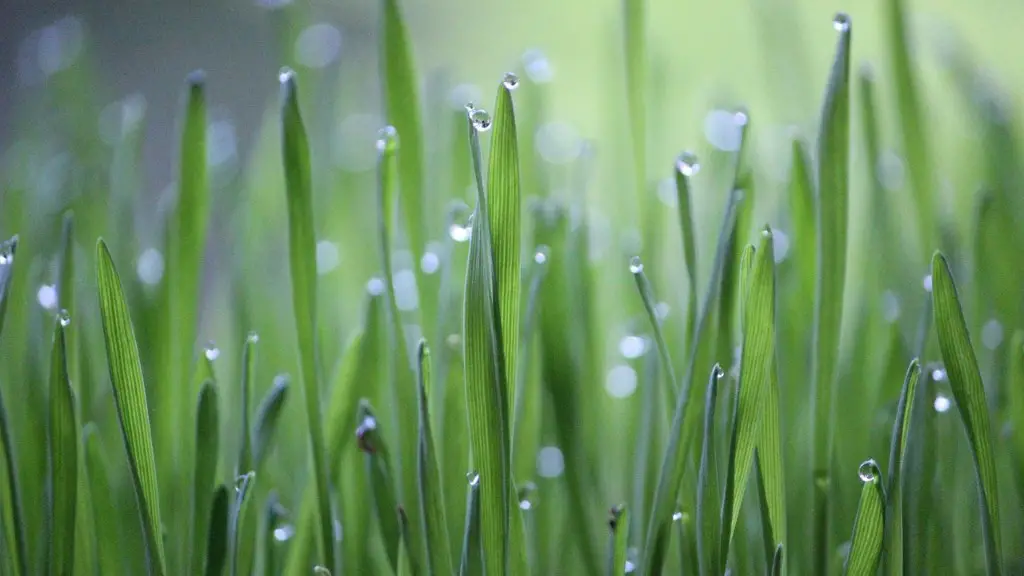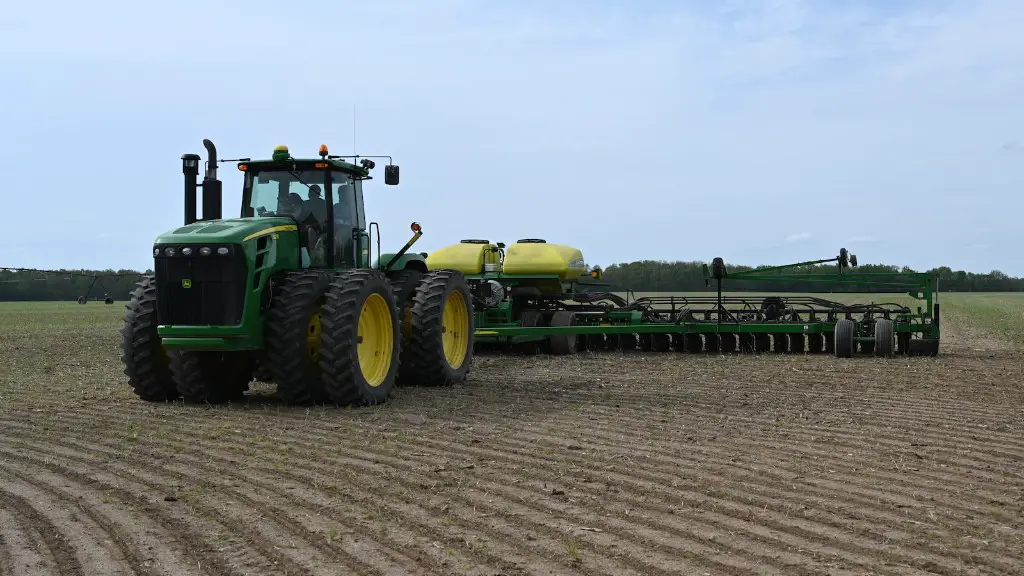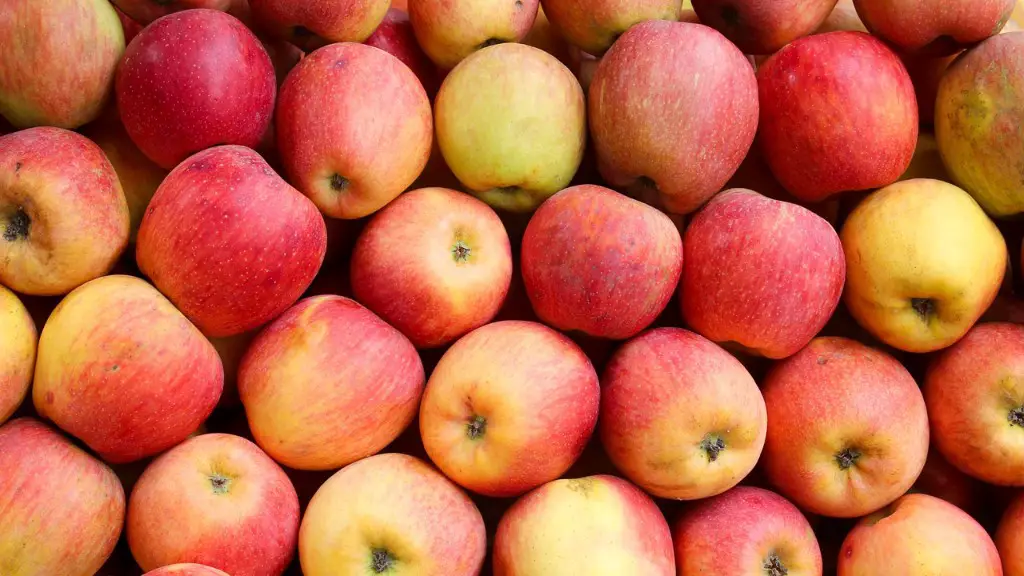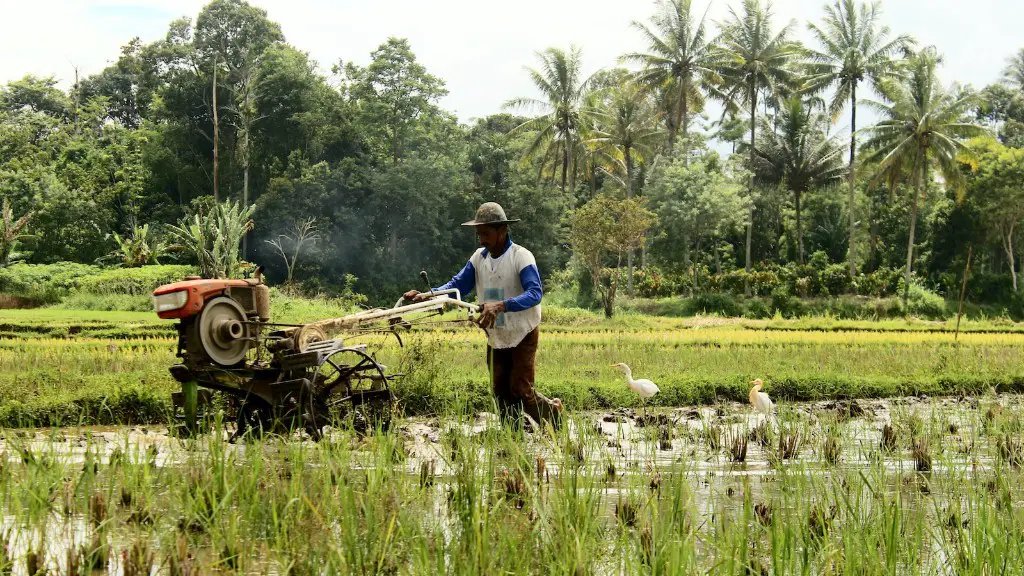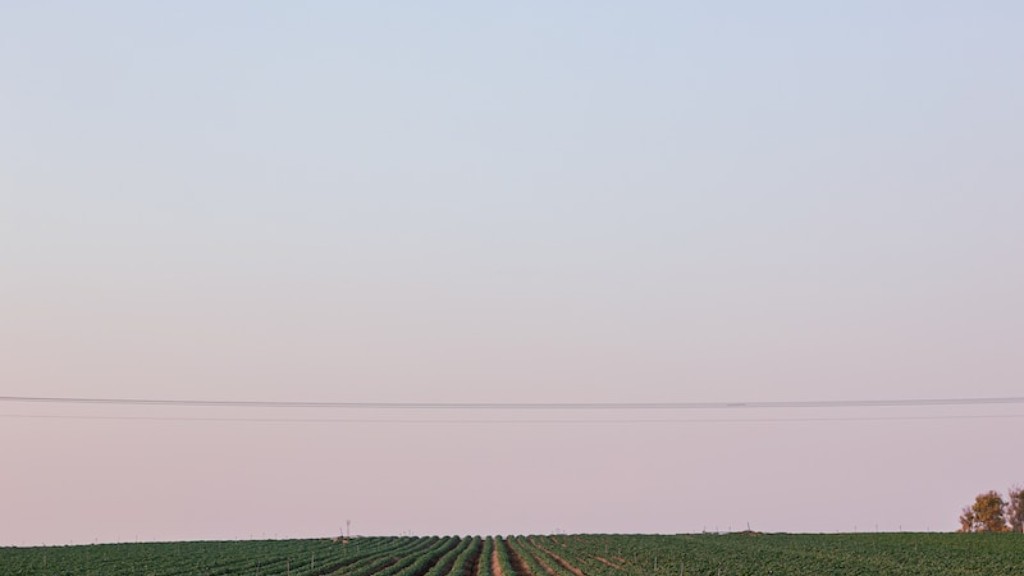Climate change is having a profound impact on agricultural production around the world. In Jamaica, climate change is affecting the agricultural sector in a number of ways. The most significant impact is the increased frequency and severity of extreme weather events, such as hurricanes, floods, and drought. These events are damaging crops, infrastructure, and livelihoods. Climate change is also causing changes in the timing and amount of rainfall, which is affecting crop growth and yields. The Jamaican government is working to increase the resilience of the agricultural sector to climate change, but farmers are already feeling the effects.
The effects of climate change on agriculture in Jamaica are both direct and indirect. The most direct effect is the impact of changes in temperature and precipitation on crop yields. Temperature extremes can cause crop failure, and changes in precipitation can lead to either drought or flooding, both of which can have devastating effects on crops. Indirect effects of climate change on agriculture include the secondary effects of changes in temperature and precipitation on other aspects of the agricultural system, such as the effects of drought on soil quality or the effects of floods on infrastructure. In addition, climate change will likely have impacts on the demand for certain agricultural products, as changes in consumer preferences and the availability of other foods (due to changes in the production of other crops) modify the demand for Jamaican agriculture.
How does climate change impact agriculture?
Climate change has the potential to disrupt food availability, reduce access to food, and affect food quality. For example, projected increases in temperatures, changes in precipitation patterns, changes in extreme weather events, and reductions in water availability may all result in reduced agricultural productivity. This could lead to higher food prices, and in some cases, food shortages. Additionally, climate change could negatively impact food quality by affecting the nutrient content of crops and the safety of food supplies.
Climate change is already having an impact on agriculture and forestry in the Caribbean, and is expected to become an increasingly important factor in the future. One of the most important impacts is the scarcity of water for irrigation, which is projected to become more severe as the region experiences more frequent and intense droughts. This will decrease the environmental carrying capacity and productivity of the soil, making it more difficult to grow crops and support livestock. In addition, sea level rise can cause the salinization of aquifers and the loss of agricultural lands on the coast. These impacts will have major implications for food security in the Caribbean, as well as for the livelihoods of those who depend on agriculture and forestry for their livelihoods.
What are the agriculture challenges in Jamaica
Climate change is a major threat to agricultural production around the world. Droughts, floods, and the spread of pests are all byproducts of climate change that can damage crops and lead to hunger. The Food and Agriculture Organization estimates that almost 700 million people are already affected by hunger, and this number is only expected to rise as climate change continues. We must take action to mitigate the effects of climate change and help those who are already suffering from its impacts.
Climate change is already causing an increase in vector-borne and waterborne diseases in the country, as well as stressing our groundwater resources. With rising temperatures and more intense rainfall events, these problems are only going to get worse. We need to take action now to mitigate the impacts of climate change and protect our health and our economy.
What are 4 ways in which climate change impacts agriculture?
Global warming has some negative impacts on agriculture. These include reduced crop quantity and quality due to the reduced growth period following high levels of temperature rise; reduced sugar content, bad coloration, and reduced storage stability in fruits; increase of weeds, blights, and harmful insects in agricultural crops; reduced land productivity due to soil erosion and water shortages; and increased costs of production due to the need for more irrigation and pest control. In addition, global warming may also cause some animals to become extinct and disturb the natural balance of ecosystems.
Climate factors play a big role in agriculture. Things like light, water, rain, temperature, air, and wind all affect crops in different ways. For example, too much or too little rain can ruin a crop, and extreme temperatures can damage plants. Farmers have to be aware of these things in order to have a successful harvest.
How does agriculture impact the Jamaican economy?
Agriculture is a vital sector of the Jamaican economy, accounting for 7% of GDP. The sector is also a major employer, with over 60% of the population employed in agriculture. Agricultural exports are also an important source of foreign exchange, with crops such as coffee, bananas, and sugar being major export crops.
The sector has however been facing some challenges in recent years. For example, the number of small farmers has been declining, while the average farm size has been increasing. This has led to a decline in the number of jobs in the sector. Additionally, climate change has been affecting agriculture in Jamaica, with more frequent and intense hurricanes causing damage to crops.
Despite these challenges, the sector remains an important part of the Jamaican economy and continues to play a vital role in the country’s development.
Jamaica’s sugar industry is one of the oldest in the world, dating back to the early 1600s. The country produces both refined sugar and molasses, and sugarcane is the dominant crop grown in Jamaica. The country is also a major producer of bananas, coffee, and cocoa.
How important is agriculture to Jamaica
Jamaica’s agricultural sector is important to the country’s future for a number of reasons. First, agriculture provides employment for a significant number of Jamaicans. Second, agriculture has the potential to reduce Jamaica’s trade deficit by increasing exports. Third, agriculture can help to increase the country’s food security by providing a reliable source of food. Finally, agriculture can earn foreign exchange for the country through the export of agricultural products.
Jamaica’s coastal waters have been polluted by sewage, oil spills, and industrial wastes. Another major source of water pollution has been the mining of bauxite, which has contaminated the ground water with red-mud waste. Another environmental problem for Jamaica is land erosion and deforestation.
Why is there a decline in agriculture in the Caribbean?
The main problems facing the Caribbean are low and variable economic growth, unsustainable debt, high unemployment, high incidence of non-communicable diseases, vulnerability to climate change and natural hazards, environmental degradation, crime and increasing threats to citizen security.
Jamaica has updated its greenhouse gas emissions reduction target significantly for 2030. The new targets are much more ambitious than the previous ones, and it is clear that the country is committed to reducing its emissions and tackling climate change. These new targets will help Jamaica to further reduce its emissions and set an example for other countries to follow.
Is there a food shortage in Jamaica 2022
According to the 2022 Global Hunger Index, Jamaica ranks 35th out of the 121 countries with sucient data to calculate scores. With a score of 70, Jamaica has a level of hunger that is low. This means that the percentage of people who are undernourished and the child wasting and child stunting rates are relatively low. However, there is still room for improvement, as about one-third of Jamaican children under the age of 5 are overweight or obese.
As the climate changes, so too does the habitat and environment that animals, plants and humans rely on to survive. More frequent and intense drought, storms, heat waves, rising sea levels, melting glaciers and warming oceans can directly harm animals, destroy the places they live, and wreak havoc on people’s livelihoods and communities. This not only impacts the biodiversity of our planet, but also the health and wellbeing of people around the world.
Where does climate change affect agriculture the most?
Climate change impacts are already being felt by farmers across the country. As temperatures rise and weather patterns change, we are seeing more flooding in agricultural regions, as well as more frequent and intense flooding in coastal areas. This is having a major impact on farm production, and it is only going to get worse as sea level rise accelerates. Farmers will need to adapt their practices in order to survive in this new climate reality.
Climate change will affect agricultural production in New South Wales, Australia. Changing conditions may attract new pests and diseases, and changing the areas that are suitable for farming. Farmers will need to adapt their management practices to deal with these changes.
Warp Up
Climate change affects agriculture in Jamaica in a number of ways. Many of the crops that are grown in Jamaica are sensitive to changes in temperature and rainfall, and as the climate changes, agricultural production is likely to decline. Climate change is also expected to increase the incidence of pests and diseases, which will further reduce crop yields. In addition, rising sea levels and more extreme weather events are likely to damage Jamaica’s infrastructure, making it difficult for farmers to transport their crops to market.
Agriculture in Jamaica is already feeling the effects of climate change. With rising temperatures and changes in rainfall patterns, crops are being affected in a number of ways. In some cases, yields are decreasing, while in others, crops are being ravaged by new pests and diseases. Jamaica is also facing increased drought conditions, which are putting even more pressure on the agricultural sector.
Jamaica is working to adapt to these changes, but it is a challenge. The country is working to improve irrigation systems, develop new crop varieties, and implement other climate-smart agriculture practices. However, it will take time for these efforts to bear fruit. In the meantime, climate change is likely to continue to cause problems for Jamaican agriculture.
